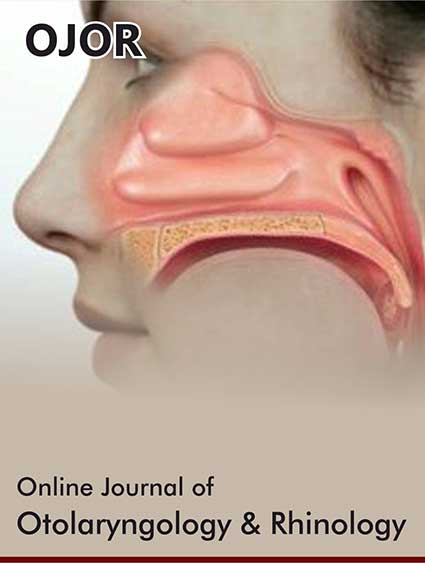 Research Article
Research Article
Factors Challenge Oropharyngeal and Nasopharyngeal Swab Results in COVID-19 patients
Akif İşlek1* and Mustafa Koray Balci2
1Nusaybin State Hospital, Otolaryngology-Head & Neck Surgery Clinic, Mardin, Turkey
2Katip Celebi University, Atatürk Training and Research Hospital, Otolaryngology-Head & Neck Surgery Clinic, Izmir, Turkey
Akif İşlek, Nusaybin State Hospital, Otolaryngology-Head & Neck Surgery Clinic, Mardin, Turkey.
Received Date: October 28, 2020; Published Date: November 10, 2020
Abstract
Introduction: The aim of this study is to investigate the effect of possible local factors on oropharyngeal and nasopharyngeal swabs (OP/NP) in COVID-19 patients.
Materials and methods: The study was designed retrospectively. The demographic characteristics, symptoms, medical history, chronic diseases, and prescriptions, OP/NP sample collectors [otorhinolaryngologist (ORL) or other physicians (OP)], sampling time, reverse-transcription polymerase chain reaction (RT-PCR) test results of the patients were scanned. Presence of laryngopharyngeal reflux (LPR), allergic respiratory diseases (ARD), nasal steroid use (NSU) was identified.
Results: 68 patients included in the study. NSU, LPR, and sample collectors except for otorhinolaryngologist (ORL) were significant for the negative OP/NP swap results (respectively p=0.035, 0.033, and 0.012, respectively χ2-test). All samples were collected on average 3.8±2.2 days after the onset of symptoms and sampling time was not a significant factor for RT-PCR results. Gender and ARD were not found as a significant factor for the first RT-PCR results (p=0.543 and 0.716, χ2-test). But according to logistic regression analysis, only LPR and sample collector was found significant factors (p=0.043 and 0.018).
Conclusion: In the presence of LPR and NSU, OP/NP swaps collection can be recommended by an ORL, so the accuracy of the samples can be increased.
Keywords: COVID-19; Nasal steroid; Laryngopharyngeal reflux; SARS-CoV-2; Oropharyngeal swab; Nasopharyngeal swab
-
Akif İşlek, Mustafa Koray Balci. Factors Challenge Oropharyngeal and Nasopharyngeal Swab Results in COVID-19 patients. On J Otolaryngol & Rhinol. 4(1): 2020. OJOR.MS.ID.000579.





